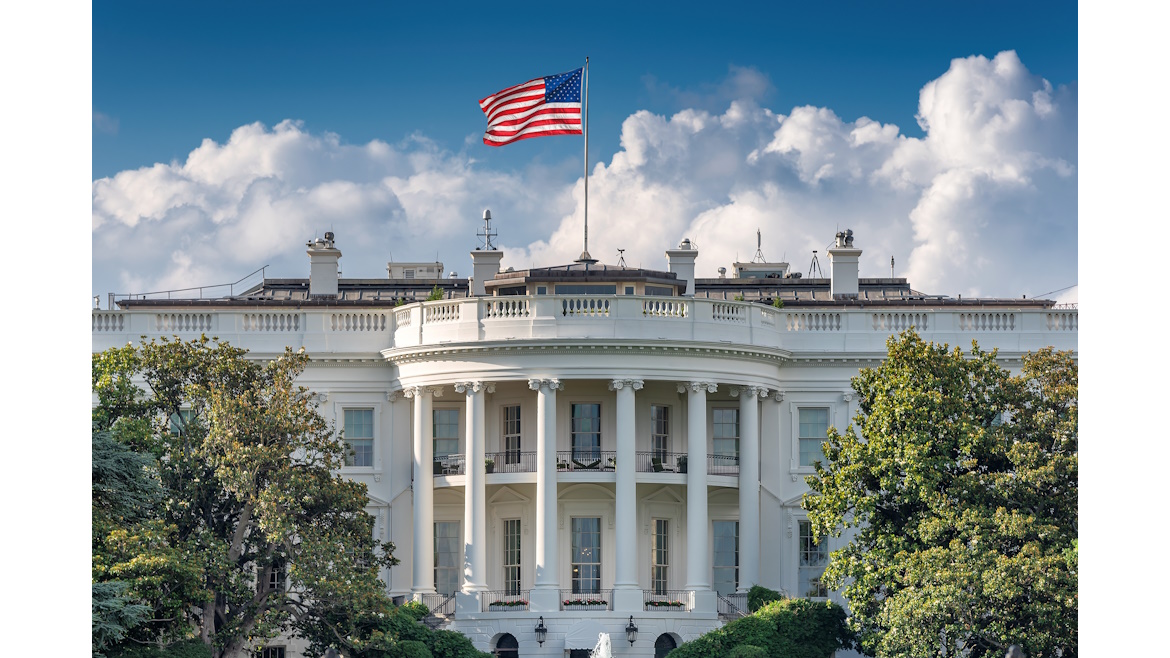Neither Donald Trump nor Kamala Harris have much to say about the HVACR industry.
But through their respective platforms, campaign speeches, and other public statements, Trump, the former president and current Republican presidential nominee, and Harris, the current vice president and the Democratic presidential candidate, have plenty to say about issues that touch HVACR. Their respective policies on taxes, trade, energy, housing, and the workforce have the potential to shape the industry’s direction if adopted.
Taxes and tariffs could influence where products are made, how much they cost, and manufacturers’ bottom lines, for example. Energy policy has a bearing on the efficiency of those products and whether the government will help consumers pay for them, and workforce development policy could impact what is already a major shortage of skilled trades workers, including in HVACR.
The Republican platform is a 16-page document available on Trump’s campaign website, while Harris’ campaign site features an 82-page policy statement that’s separate from the slightly longer Democratic Party platform. Here’s a broad review, based on information available within those pages and on the candidates’ statements and other published reports, of where the two are on issues related to HVACR.
Corporate Taxes and Trade
The Tax Cuts and Jobs Act (TCJA), which Trump signed as president in 2017, set a flat corporate rate of 21% of taxable income. According to the nonpartisan Tax Foundation, that replaced a graduated corporate rate schedule that had a top rate of 35%, plus a small extra tax — maxing out at $100,000 — for corporations with more than $15 million in taxable income.
The Trump campaign advocates a 20% corporate rate, a 15% rate for companies that build their products in the U.S., and making other TCJA provisions, some of which expire at the end of next year, permanent. Harris proposes a 28% corporate rate, plus increasing the tax on stock buybacks as a way of encouraging businesses to reinvest.
Trump has famously proposed increasing tariffs on imported products, plus imposing an additional tariff on goods from China of at least 60%, as a way of protecting domestic production and jobs and raising income for the government. Harris counters that increased tariffs would amount to additional taxes for consumers and contribute to inflation.
Both candidates have issued general promises to combat unfair trade practices, and their platforms both mention the need for strong supply chains. Trump’s agenda specifically includes a pledge to “bring home critical supply chains.”
Energy Policy
Trump rails against the Green New Deal, which started out as a nonbinding resolution aimed at steering the country away from fossil fuels and mitigating climate change. The original Green New Deal failed in the U.S. Senate in 2019, but the name has been attached to other proposals that concern energy and the environment.
The Inflation Reduction Act (IRA), which became law in 2022, could be considered a green new deal, as it earmarked $369 billion for energy security and combating climate change, including by offering incentives for efficient and electric HVAC equipment. Harris cast the tie-breaking vote in the Senate for the IRA, and would undoubtedly resist efforts to scrap it or scale it back.
With some exceptions, Republicans are critical of the IRA, and Trump has said he would rescind any unspent IRA funds if elected.
Trump’s platform pushes fossil fuels and nuclear energy, and includes the phrase “drill baby drill” while promising to terminate “the Socialist Green New Deal.” The vice president’s platform, while noting the U.S. has been a net oil exporter for the last three years, says a Harris administration would continue investing in renewable energy.
Apprenticeships
Both Harris and Trump favor increasing trades apprenticeships, though under different models.
Trump, as president, signed an executive order that moved oversight of government-funded apprenticeships from the U.S. Department of Labor (DOL) to third parties, such as businesses, trade organizations, and unions. The DOL reversed that policy in 2022 in favor of its registered apprenticeship program.
Harris favors expanding the DOL’s registered apprenticeship program, which Democrats say leads to higher-quality trades education and results in workers with nationally recognized credentials that are portable across state lines. Republicans say the DOL’s program involves too much red tape.
Small Businesses
The Harris platform devotes a chapter to small business policy.
She sets a goal of having 25 million new business applications filed within the next four years, calls for increasing the tax deduction for business startup expenses from $5,000 to $50,000, and says she’ll make tax filing easier for small businesses and remove unnecessary occupational licensing requirements.
The Trump platform doesn’t mention small businesses.
Housing
The Trump housing plan calls for opening some federal lands to allow for new home construction, promoting home ownership through tax incentives and support for first-time buyers, and cutting regulations that, in his view, raise the cost of housing. His plan to cut inflation, the Republican platform says, would bring down mortgage rates and make homes more affordable.
Harris has more detailed plans for housing. They include down payment support of up to $25,000 for first-time buyers, with even more support for those whose parents didn’t own a home; an expansion of a tax credit that helps builders construct affordable rental units; a new tax credit to support the construction or rehabilitation of housing in low-income areas; and another new tax incentive to make it more affordable to build entry-level homes.
Whether you require installation, repair, or maintenance, our technicians will assist you with top-quality service at any time of the day or night. Take comfort in knowing your indoor air quality is the best it can be with MOE heating & cooling services Ontario's solution for heating, air conditioning, and ventilation that’s cooler than the rest.
Contact us to schedule a visit. Our qualified team of technicians, are always ready to help you and guide you for heating and cooling issues. Weather you want to replace an old furnace or install a brand new air conditioner, we are here to help you. Our main office is at Kitchener but we can service most of Ontario's cities
Source link


